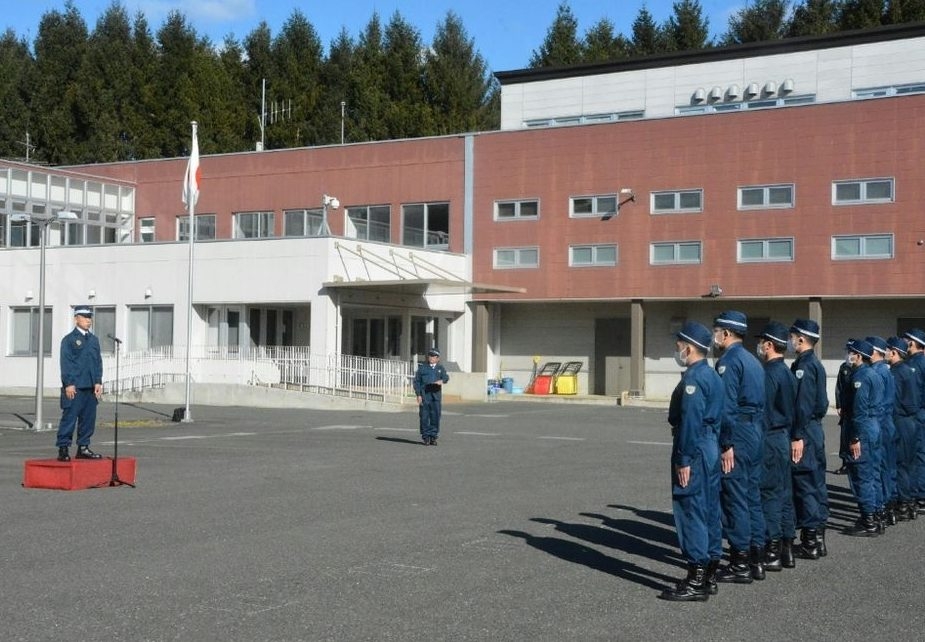A chilling wave of bear attacks has gripped Japan, forcing a dramatic shift in the nation’s famously strict gun laws. For the first time, police are now authorized to use rifles to confront the increasingly bold and dangerous animals, a response to a surge in fatalities that has shaken communities across the country.
The crisis reached a critical point with a record 13 deaths attributed to bear maulings since April. These aren’t isolated incidents in remote wilderness areas; bears are now venturing into homes, appearing near schools, and even causing chaos in supermarkets, blurring the line between human and wildlife territories.
Scientists point to a complex interplay of factors driving this unprecedented increase in attacks. A rapidly expanding bear population, coupled with a particularly poor acorn harvest – their primary food source – and a declining human population in rural areas, are creating a desperate situation for the animals and a dangerous one for people.

A solemn ceremony was held Thursday in the northern prefectures of Akita and Iwate, where the majority of attacks have occurred. Riot police received authorization to utilize rifles, marking a significant departure from Japan’s long-held restrictions on firearm use.
The change in regulations comes after reports highlighted the inadequacy of standard police-issued handguns against the immense strength and thick hides of bears. Existing weaponry simply lacked the stopping power needed to neutralize the threat effectively.
The danger isn’t limited to Japanese citizens. The U.S. Embassy in Tokyo issued a stark “wildlife alert,” advising people to avoid walking alone in known bear habitats and, when possible, to avoid those areas altogether. The alert followed the temporary closure of a zoo in Sapporo, near the U.S. Consulate General, after a bear was spotted nearby.
The British government has echoed these warnings, urging travelers to refrain from solo walks in regions where bear sightings have been reported. The situation is prompting heightened vigilance and a reassessment of safety protocols for both residents and visitors.
Recent incidents underscore the immediacy of the threat. Just this week, a bear cub wandered onto the runway at Iwate Hanamaki Airport, forcing a more than hour-long closure and delaying two domestic flights. The disruption highlights how deeply the bear presence is impacting daily life.
In a move to bolster local efforts, Japan has deployed soldiers to the hardest-hit Akita region. However, these troops are not armed with firearms and will focus on support roles rather than actively hunting the bears, emphasizing a cautious approach to wildlife management.





